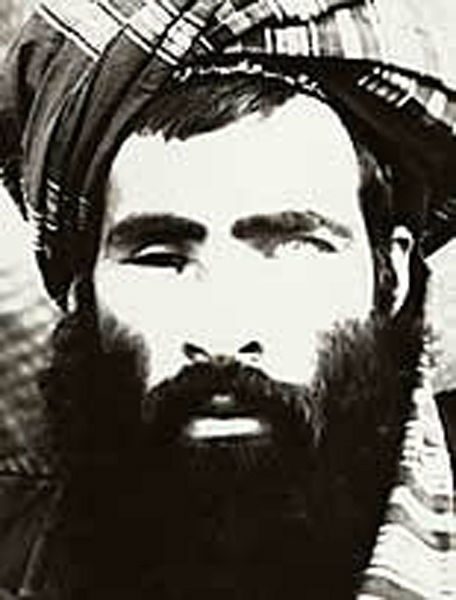SUMMARY
This is AI generated summarization, which may have errors. For context, always refer to the full article.

KABUL, Afghanistan – The Afghan government’s announcement on Wednesday, July 29, that Taliban chief Mullah Omar died two years ago in Pakistan, though not yet officially confirmed by the militants, has major implications for the insurgency and for the future of Afghanistan.
Here are some of the key issues:
What does it mean for the Taliban?
One-eyed cleric Omar led the Taliban movement since its creation in the chaos of Afghanistan’s 1990s civil war.
While he had little involvement in the day-to-day running of the insurgency after fleeing the US-led invasion in 2001, he remained a unifying figure who for its fighters gave the ongoing insurgency a religious legitimacy.
The loss of such a talismanic figurehead would be a significant blow for a movement increasingly riven by internal divisions, particularly as the Islamic State group is beginning to make inroads in Afghanistan, attracting fighters to its cause.
Kabul-based analyst Waheed Muzhda said the fact the Taliban leadership may have been issuing statements in Omar’s name after his death would seriously undermine their credibility with fighters on the ground and exacerbate splits.
Who will replace him?
The Taliban’s immediate concern will be to find a replacement for Omar.
An insurgent source told Agence France-Presse that “many groups” were seeking to capitalize on the situation, but two clear front runners had emerged: Omar’s son Mohammad Yakoub and his current deputy Mullah Mansour.
The process will likely be hotly contested and could widen divisions between commanders who favor continuing the military struggle against the Kabul government and those who want a more pragmatic approach involving talks.
But whoever emerges as leader faces huge challenges to maintain the Taliban as a cohesive political and military force – and they will struggle to match the authority and legitimacy of the almost-mythical figure who led the movement for 20 years.
What does it mean for peace talks?
Afghan and Taliban representatives held their first face-to-face dialogue in Pakistan earlier this month aimed at ending the insurgents’ 14-year fight, agreeing to meet again in the coming weeks.
The meeting drew international praise and Afghan officials pledged to press for a ceasefire in the second round. This was expected on Friday but was postponed after Omar’s reported death.
When the embryonic process resumes, assuming that it does, what progress it is able to make will depend greatly on the authority the new Taliban leadership is able to wield.
Afghan President Ashraf Ghani’s office insisted Omar’s death meant the “grounds for peace are more paved than before”, but even if a pro-talks commander takes over and agrees a deal, it is not clear to what extent this will be respected by fighters on the ground.
Why was it so difficult to confirm his death?
Omar was not seen in public since he fled Afghanistan in late 2001. He was widely believed to be hiding in Pakistan under the supervision of the country’s Inter-Services Intelligence (ISI) agency, though Pakistani officials denied this.
Rumours of ill-health and even death have regularly surfaced in recent years only to subside again.
While definitive proof he was alive, such as a video, was never released, Taliban cadres have told AFP they would receive his annual Eid messages as audio recordings – but that this practice stopped in the last couple of years.
The ambivalence suited the Taliban leadership, who could claim to be acting in his name, while having custody of Omar gave his alleged Pakistani hosts leverage over the militants. – Rappler.com
Add a comment
How does this make you feel?
There are no comments yet. Add your comment to start the conversation.